Social Responsibility Should Extend Beyond The Shareholders To Include

Global outcry intensifies as calls for corporate accountability surge, demanding businesses prioritize stakeholders beyond shareholders. Pressure mounts on corporations to embrace a broader definition of social responsibility, igniting debate and triggering potential regulatory shifts.
The escalating demand for social responsibility reflects a growing awareness that corporate actions have far-reaching consequences. Ignoring these impacts jeopardizes communities, the environment, and long-term economic stability. This shift challenges the long-held principle of shareholder primacy.
Stakeholder Capitalism: A Paradigm Shift?
The concept of stakeholder capitalism is gaining traction. It advocates for considering the interests of all stakeholders, including employees, customers, suppliers, and the communities in which businesses operate. This model directly confronts the traditional focus on maximizing shareholder value above all else.
According to a 2023 study by PwC, 76% of consumers believe CEOs should take a stand on social and environmental issues. This heightened expectation reflects a growing demand for ethical and responsible business practices. The shift in consumer sentiment drives demand for sustainable products and services.
The Human Cost of Neglect
Recent events have amplified the urgency of this debate. Factory closures leaving thousands jobless, environmental disasters polluting communities, and unethical labor practices within global supply chains spark public anger. These incidents serve as stark reminders of the potential damage when businesses prioritize profit over people.
The Rana Plaza disaster in 2013, where over 1,100 garment workers died, highlighted the dangers of neglecting worker safety. This tragedy sparked widespread outrage and calls for improved supply chain transparency. Similar incidents have followed, reinforcing the need for enforceable regulations.
The Regulatory Landscape
Governments are beginning to respond to public pressure. The European Union is leading the charge with new legislation on corporate sustainability due diligence. This legislation will require companies to identify, prevent, and mitigate the adverse impacts of their operations on human rights and the environment.
Other countries, including Canada and the United States, are exploring similar measures. The debate centers on balancing corporate freedom with the need for greater accountability. Finding the right balance is crucial for fostering both economic growth and social well-being.
“The time for voluntary action is over. We need legally binding frameworks that hold corporations accountable for their impact on society and the planet,” stated Anya Sharma, Executive Director of the Global Ethics Initiative.
The Role of Investors
Investors are also playing a crucial role in driving change. Environmental, social, and governance (ESG) investing is rapidly gaining popularity. Investors increasingly consider ESG factors when making investment decisions.
According to Morningstar, assets under management in sustainable funds reached over $2.7 trillion globally in 2023. This reflects a growing recognition that sustainable businesses are more resilient and better positioned for long-term success. This movement is reshaping the financial landscape.
Challenges and Opportunities
Implementing stakeholder capitalism is not without its challenges. Measuring social impact and balancing competing stakeholder interests can be complex. However, the potential benefits are significant.
Businesses that embrace social responsibility can build stronger brands, attract and retain top talent, and foster greater customer loyalty. They are also more likely to navigate regulatory changes and mitigate reputational risks. The proactive approach is key to success.
Danone is an example of a company that has embraced the B Corp certification, committing to balancing profit and purpose. This commitment has resonated with consumers and investors alike. Other companies are following suit, recognizing the value of aligning business goals with social values.
Looking Ahead
The movement towards greater corporate social responsibility is gaining momentum. Expect increased regulatory scrutiny, growing investor pressure, and heightened consumer expectations. Businesses that fail to adapt risk being left behind.
The World Economic Forum continues to promote stakeholder capitalism as a central tenet of its agenda. Discussions at future summits will likely focus on developing metrics and frameworks for measuring corporate social impact. The conversation is far from over.
The next steps involve further developing international standards for corporate social responsibility. Stronger enforcement mechanisms are also necessary to ensure compliance and prevent greenwashing. The future of business hinges on accountability.
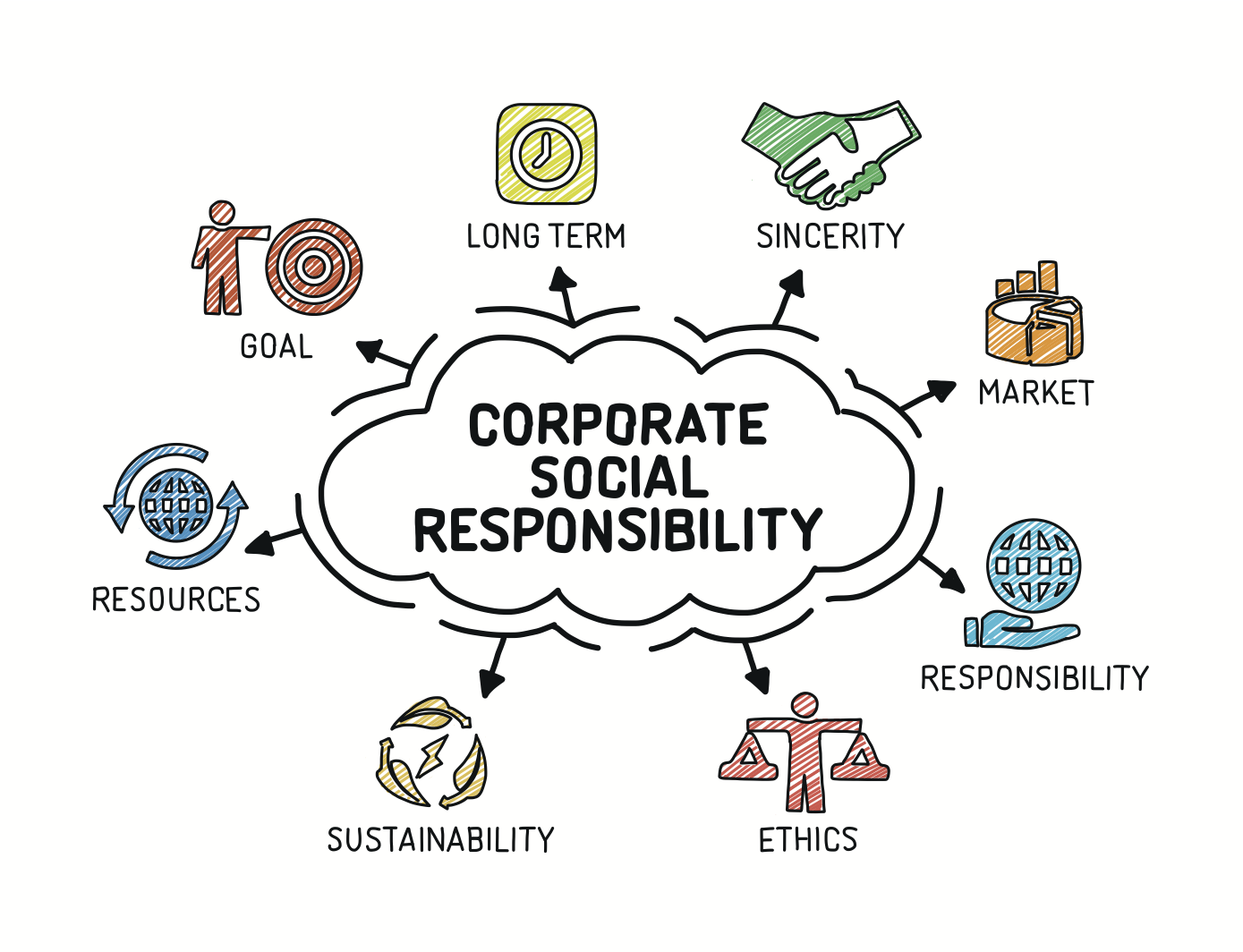
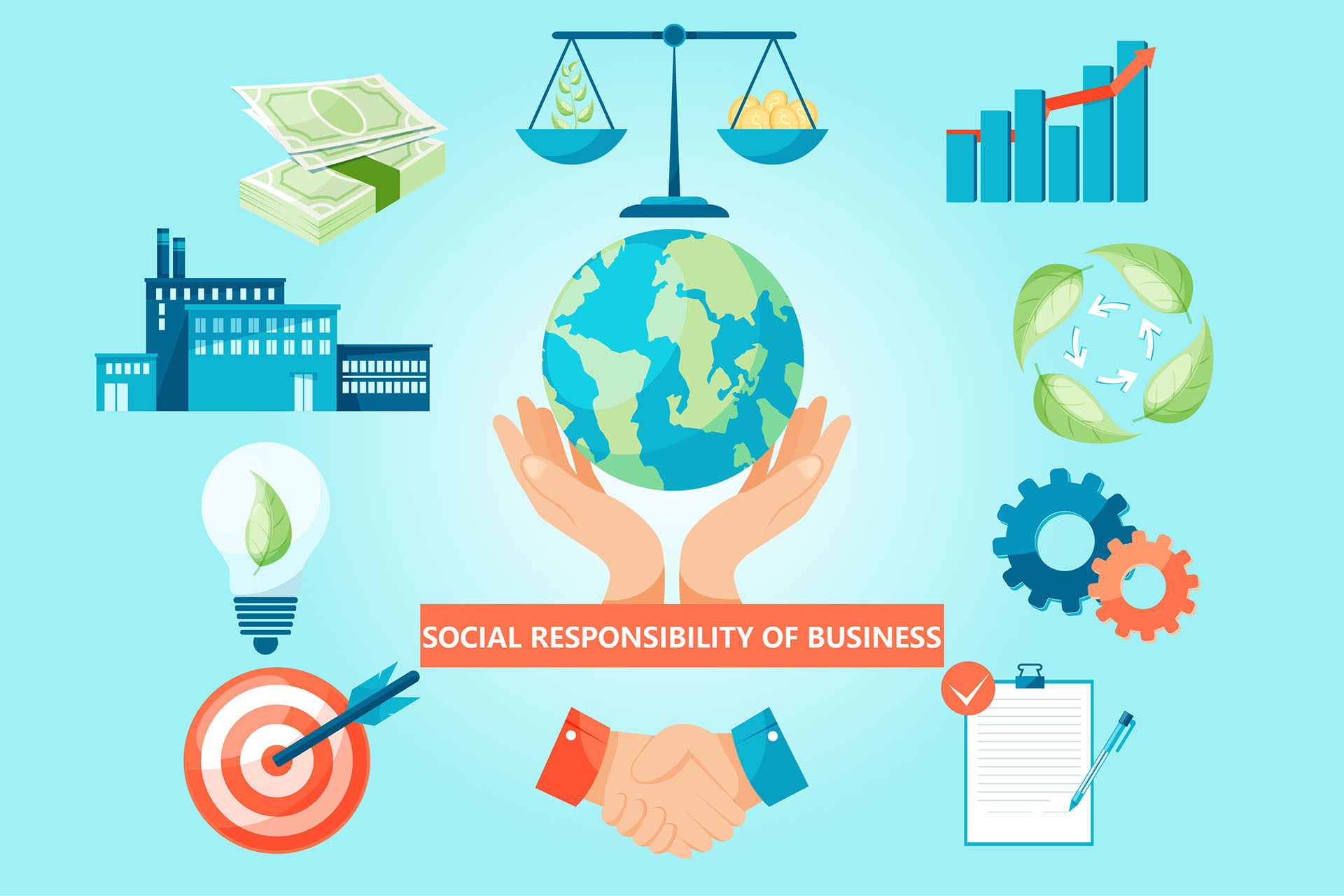


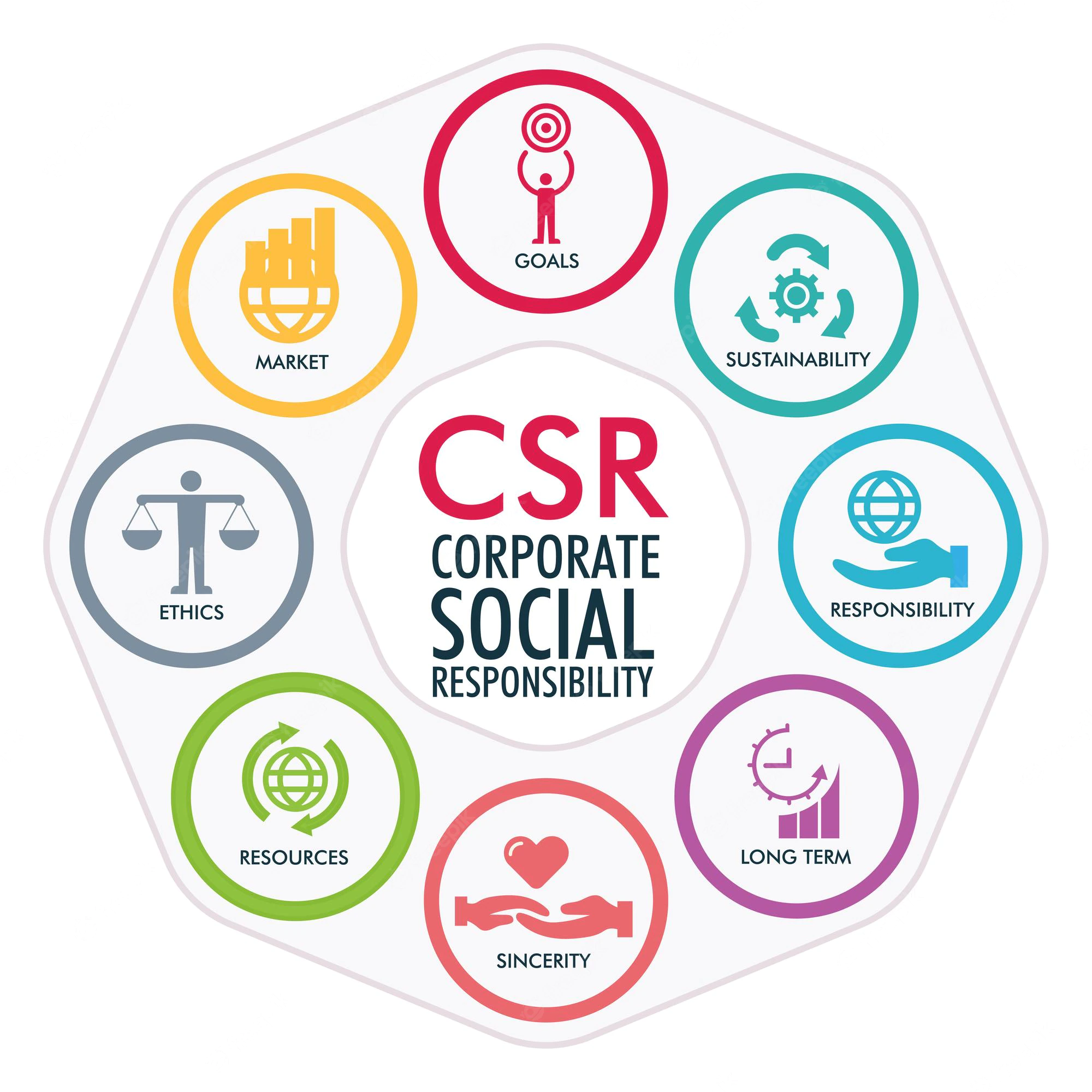
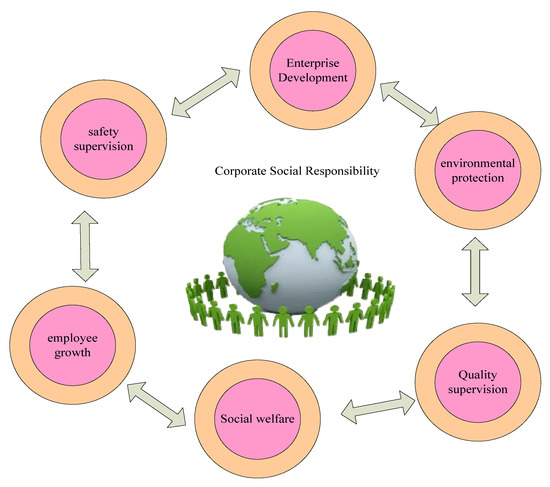
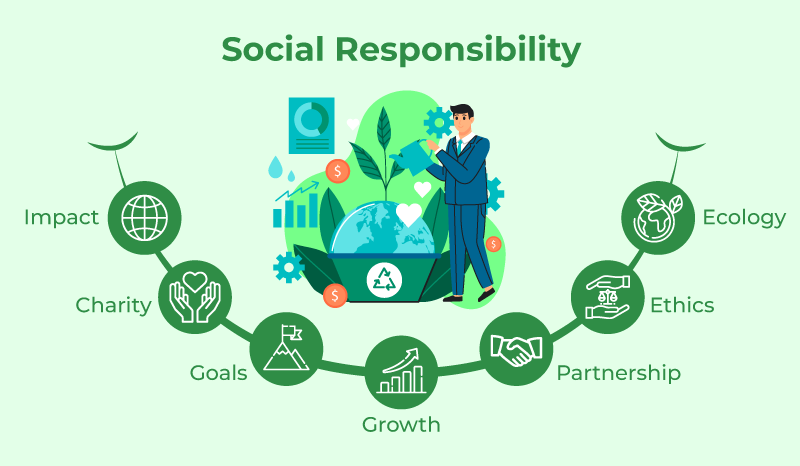
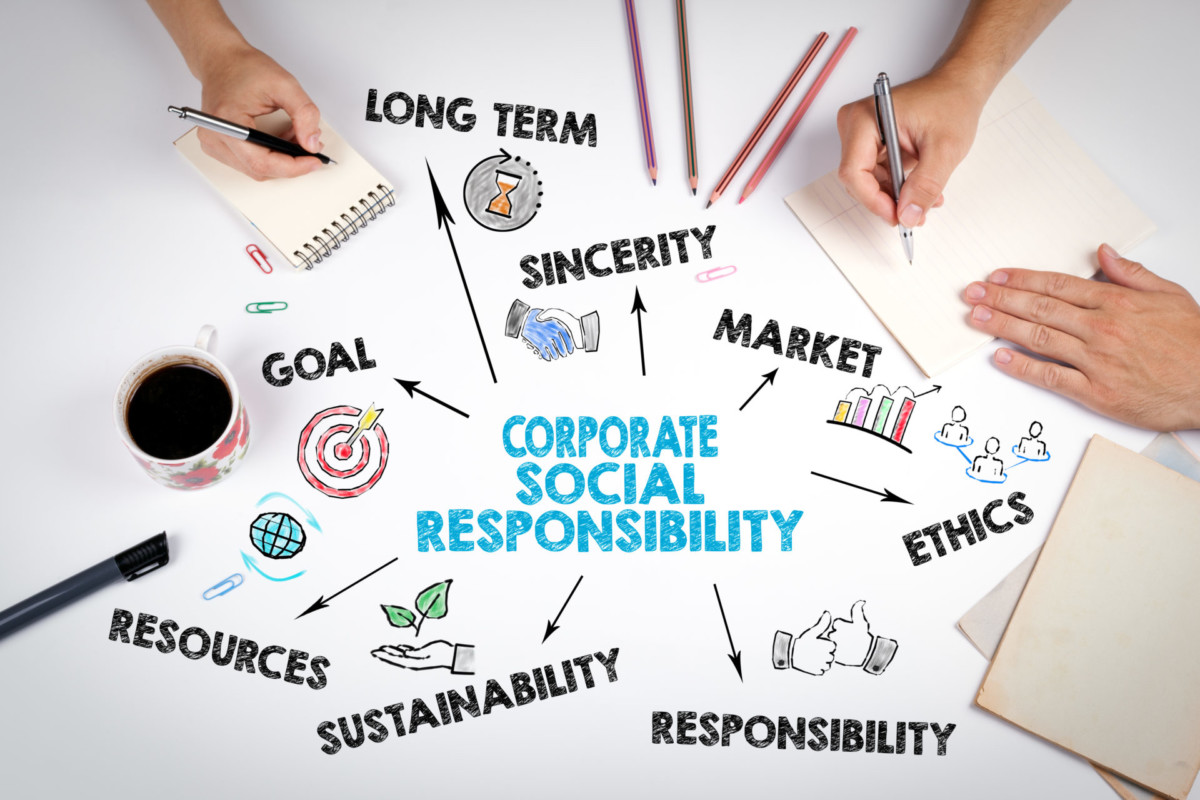


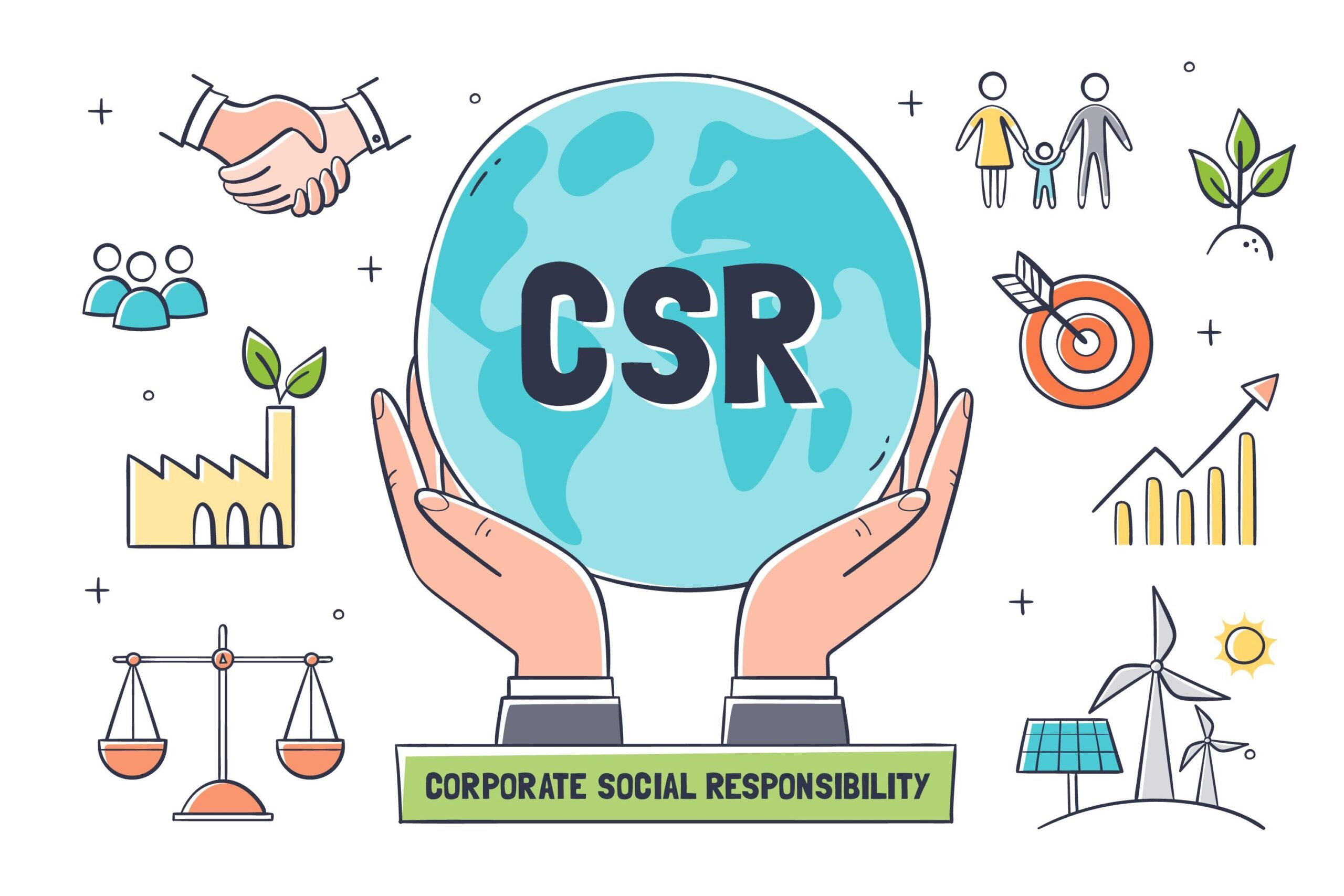
.jpg)

.jpg)

.jpg)
:max_bytes(150000):strip_icc()/Socialresponsibility-ebcbc38e095840d59226dc3b0e2c2abb.jpg)

